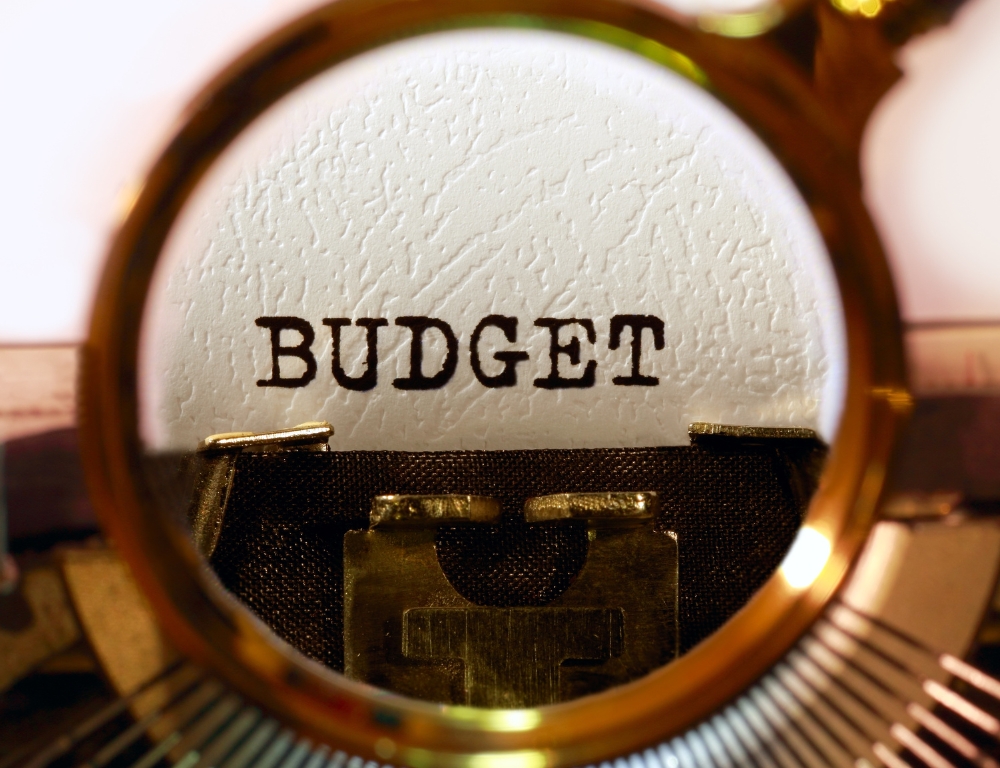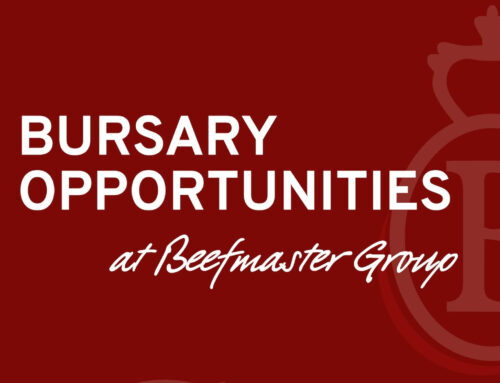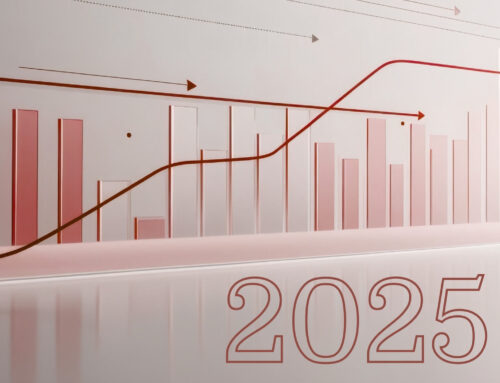As Winston Churchill once famously said, “For a nation to try to tax itself into prosperity is like a man standing in a bucket and trying to lift himself up by the handle.”
13 March 2025: In a highly anticipated move, the South African Minister of Finance delivered the 2025 Budget Speech yesterday, following an unprecedented cancellation of February’s Budget due to disagreements within the Government of National Unity (GNU). Despite this delay, experts and business leaders have expressed disappointment with the 2025 Budget’s failure to address the country’s critical economic growth needs.
Roelie van Reenen, Supply Chain Executive at Beefmaster Group, highlighted the shortcomings of the 2025 Budget, noting that it lacked the crucial incentives required to stimulate entrepreneurship, foster business growth, and attract international investment. Van Reenen emphasised that taxing the nation is not a sustainable solution to South Africa’s economic woes.
“Taxing the nation is not a sustainable solution. We need targeted incentives that encourage entrepreneurship, support local businesses, and attract international investment. Economic growth thrives on incentivisation, not additional taxation,” says van Reenen.
Key Concerns with the 2025 Budget: A Tax System in Crisis
A major point of concern raised by Van Reenen is the imbalance in South Africa’s tax system, where just 7.9 million personal income taxpayers are supporting over 28 million grant recipients. He argues that this model is financially unsustainable and fails to address the structural issues hindering economic progress.
Among the notable tax policy proposals in the 2025 Budget is a gradual increase in South Africa’s Value-Added Tax (VAT) rate. The VAT will rise by 0.5% annually for the next two years, reaching 16% by the 2026/2027 fiscal year. In addition, no inflationary adjustments were made to personal income tax brackets, a move that critics argue could push more taxpayers into higher tax brackets due to “bracket creep” caused by salary increases. These adjustments are expected to generate approximately R28 billion in additional revenue for the 2025/2026 fiscal year.
Efforts to Address Cost-of-Living Pressures
In response to growing cost-of-living pressures, the government has announced a list of measures designed to help the most vulnerable sectors of society. This includes the expansion of VAT zero-rated food items, which will now cover canned vegetables, dairy liquid blends, and organ meats from sheep, poultry, and other animals. While these efforts are appreciated, Van Reenen points out that the measures do little to benefit the broader population.
“This is not a broad economic incentive for the entire country; it’s a short-term fix for the poorest South Africans. The majority of taxpayers will see little relief from these measures,” says Van Reenen. “While we support the inclusion of red meat products on the VAT zero-rated list, the specification of organ meats could present significant enforcement challenges. We await further clarity on how this will be implemented.”
A Glimmer of Hope: Democratic Decision-Making
Despite the budget’s shortcomings, Van Reenen points out one positive aspect: the fact that the proposed budget must still be approved by the members of the GNU before becoming law.
“For the first time in years, South Africa is moving away from unilateral decision-making. Every participating party within the GNU now has a say in the country’s fiscal policies. This is democracy in action, ensuring that the interests of all South Africans are represented,” concludes Van Reenen.
Is the 2025 Budget a Step Toward Real Economic Growth?
The 2025 Budget is a critical moment for South Africa’s economic future, and many experts believe it falls short of addressing the deep structural issues facing the country. While there are minor adjustments aimed at alleviating cost-of-living pressures, the overall strategy seems to focus on increasing taxation rather than creating the economic conditions necessary for growth and development.
South Africa needs a bold, forward-thinking approach to economic reform – one that focuses on incentivising businesses, attracting investment, and fostering job creation. The 2025 Budget may have missed the mark, but the coming months will determine whether it can evolve into a platform for real change.






